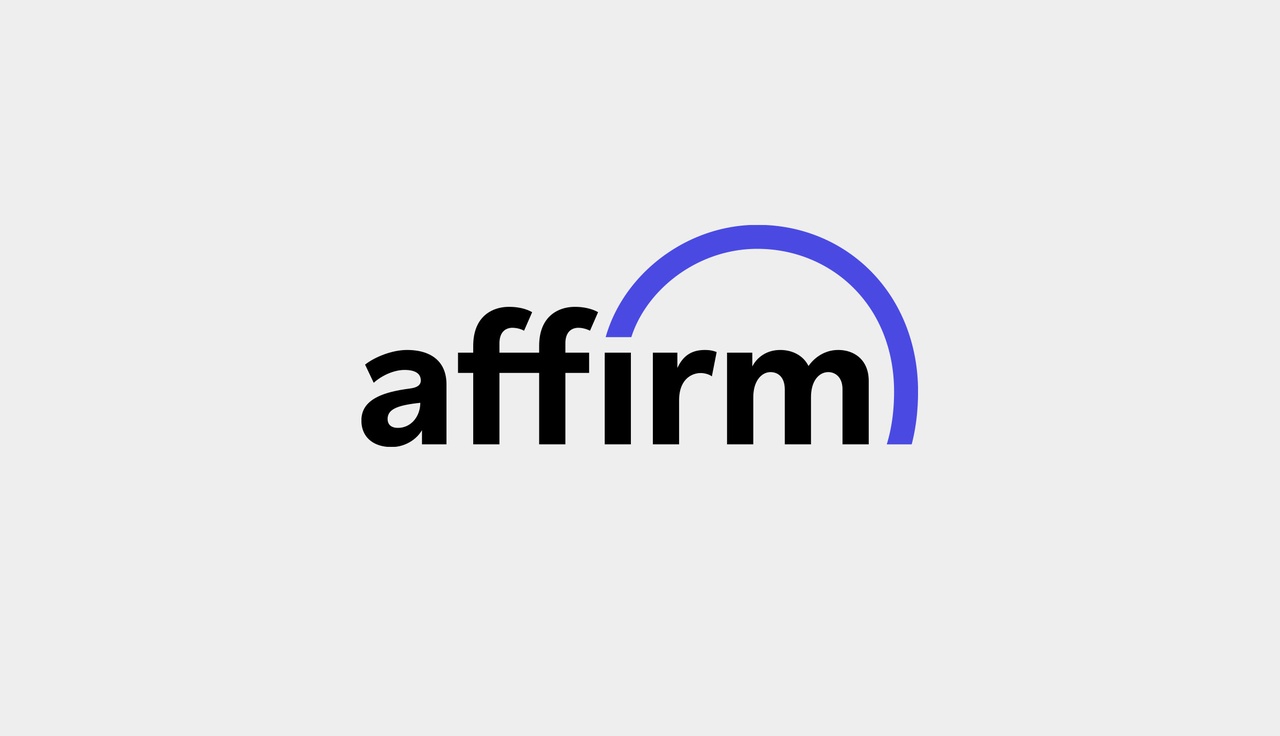Affirm Q3 2024 $AFRM (+3,63 %)

Financial performance:
- Revenue: Affirm reported revenue of $698 million for the first quarter, an impressive 41% increase year-over-year. Revenue to GMV (total number of merchandise sales) ratio increased to 9.2% compared to 8.8% in Q1 2024, indicating improved pricing and efficiency in monetizing GMV.
- Net income (loss): Affirm posted a net loss of $100 million for the quarter, but this is an improvement of $72 million year-over-year. Despite the loss, the decrease in the deficit shows a trend towards greater financial stability.
- Adjusted operating income: Adjusted operating income increased by USD 70 million to USD 130 million, representing an adjusted operating margin of 19%, compared to 12% in the first quarter of 2024.
Balance sheet overview:
- Loans held for investment: Loans held for investment increased 39% year over year, a major contributor to the increase in interest income.
- Provision for losses: This amounted to USD 351 million, representing 5.7% of loans held, and shows that Affirm is adjusting its provision for loan losses in line with its growth strategy and market development.
Income details:
- Operating income (loss): Operating income improved by $77 million to a loss of $133 million, compared to a loss of $209 million in the prior year. This improvement reflects better cost efficiency and successful cost management.
- Revenue less transaction costs (RLTC): RLTC grew by 34% year-on-year to USD 285 million, representing 3.8% of GMV and indicating solid profitability of the operating businesses.
Cash flow overview:
No specific details on cash flow have been provided in these reports.
Key ratios and profitability metrics:
- Operating margin: Operating margin improved significantly to (19%) from (42%) in Q1 2024, indicating a significant reduction in operating losses.
- Adjusted operating margin: Adjusted operating margin increased to 19% from 12% in the prior year, reflecting improved operating efficiency.
Competitive position:
Affirm recorded competitive delinquency rates on loans over 30 days compared to other consumer lenders. This demonstrates a strong position in managing credit risk and supports confidence in Affirm's risk management practices.
Forecasts and management commentary:
- Outlook for FY2025: Affirm expects GMV to exceed $34 billion and expects an adjusted operating margin of at least 20%. Fourth quarter 2025 target includes achieving GAAP operating margin, underscoring profitability target.
- Profitability target: Affirm plans to be GAAP operating income positive by the fourth quarter of 2025, supporting its long-term profitability strategy.
Risks and opportunities:
- Risks: Risks include securing financing, managing credit risk, and the potential impact of macroeconomic conditions and interest rate fluctuations.
- Opportunities: Affirm sees opportunities in the expansion into new markets and product lines, although these are not expected to make a significant contribution to growth in the 2025 financial year.
Summary of results:
Positives:
Sales growth: Sales increased by 41% compared to the previous year, showing strong business expansion.
Improved operating profit: Operating profit improved by USD 77 million, highlighting efficiency in cost management.
Increased adjusted operating margin: Margin increased to 19%, providing Affirm with a healthier financial position.
Successful pricing strategy: Pricing initiatives resulted in higher interest income and improved monetization.
Competitive credit quality: Lower default rates positively differentiate Affirm from other lenders.
Negative aspects:
Net deficit: Despite improvements, Affirm remained in deficit with a net loss of $100 million.
High operating expenses: The cost of corporate guarantees and share-based payments weighed on the result.
Increased provisions: Provisions increased due to higher loan origination and timing of loan sales.
Low growth due to new initiatives: Product launches and market expansions are not expected to make a significant contribution to growth in the 2025 financial year.
Economic risks: Potential impact from economic uncertainties and interest rate changes could affect demand and profit margins.

